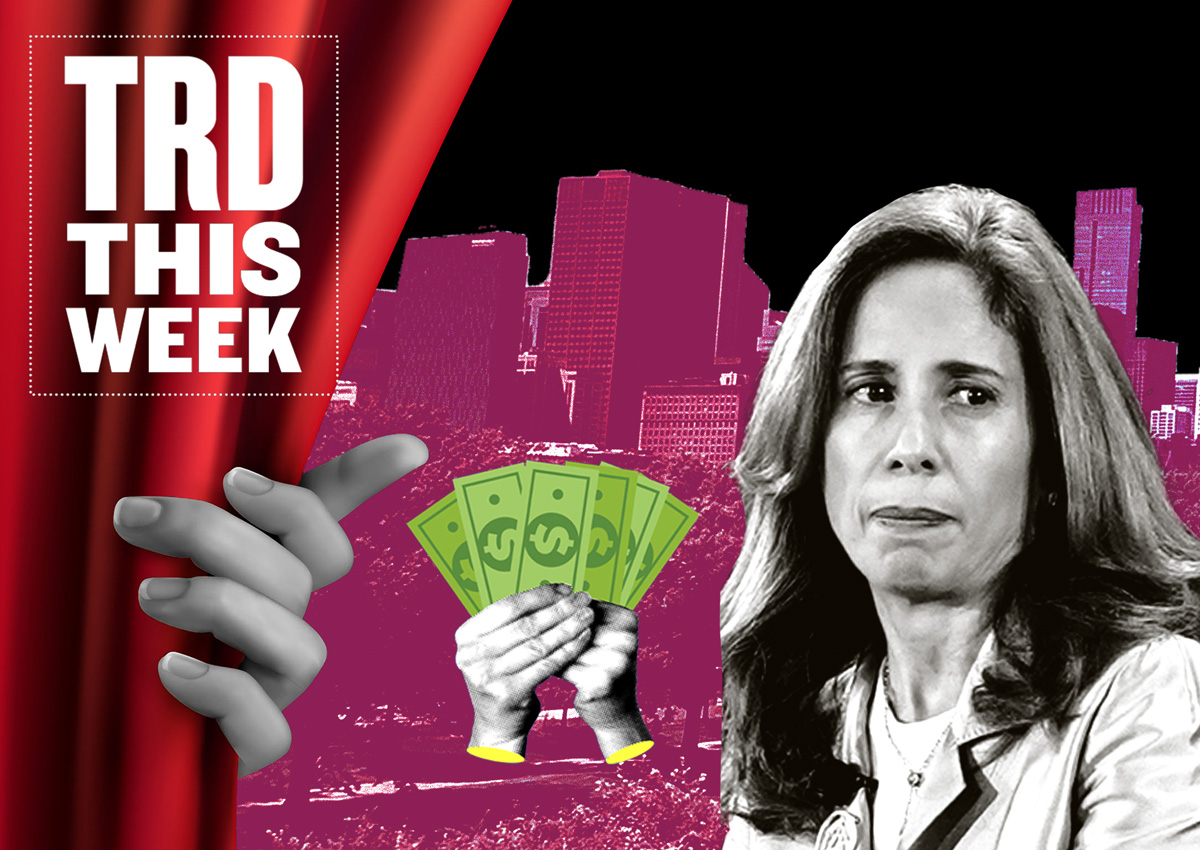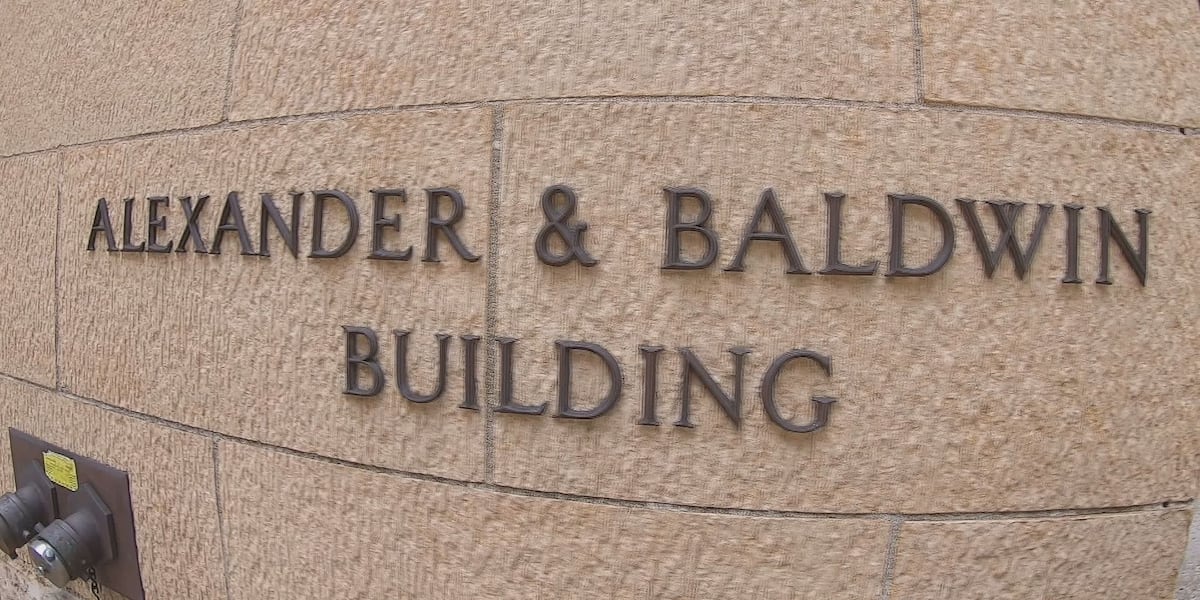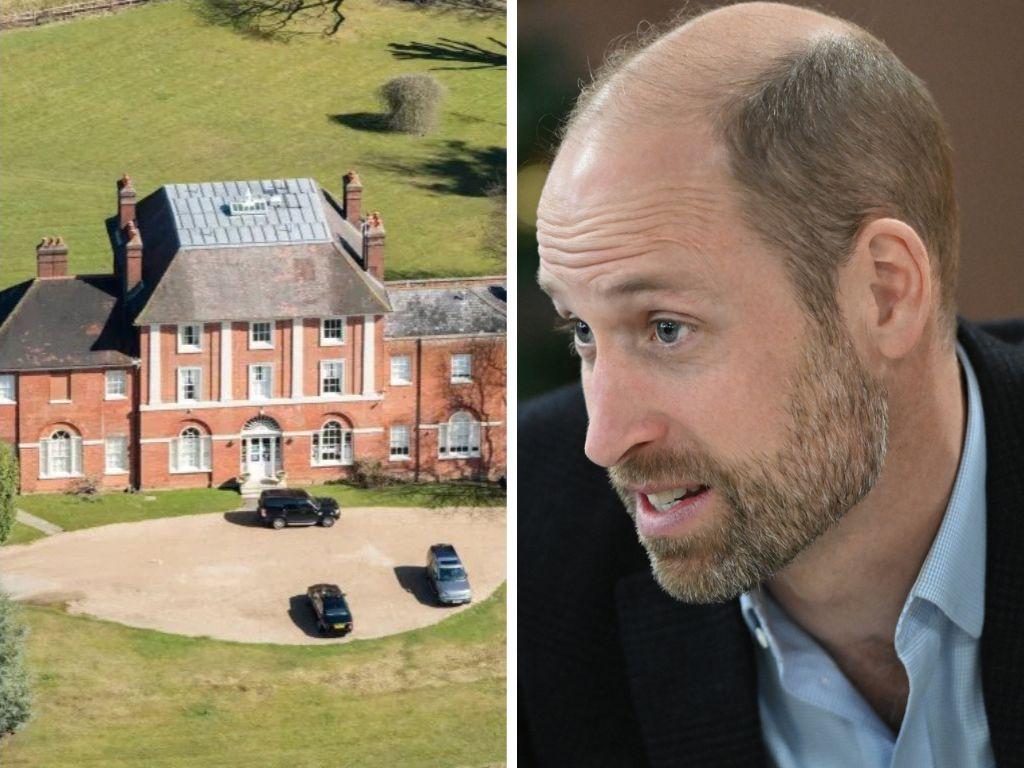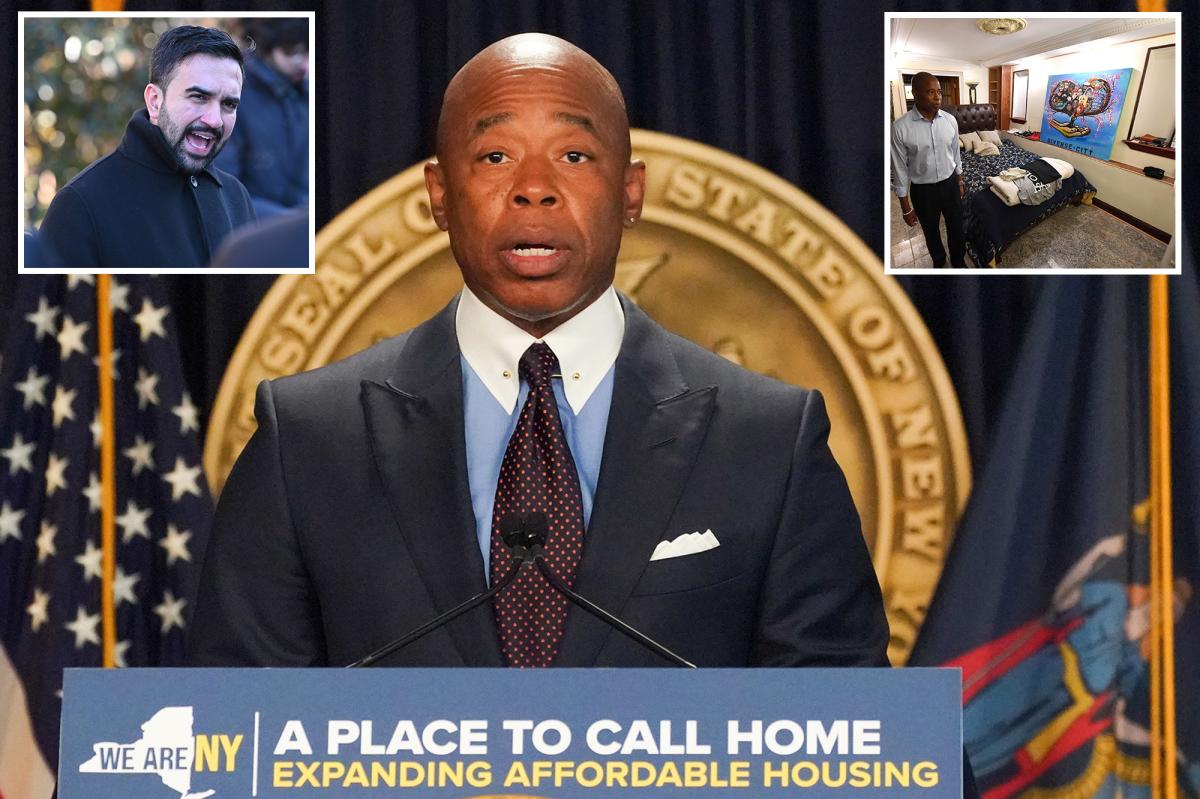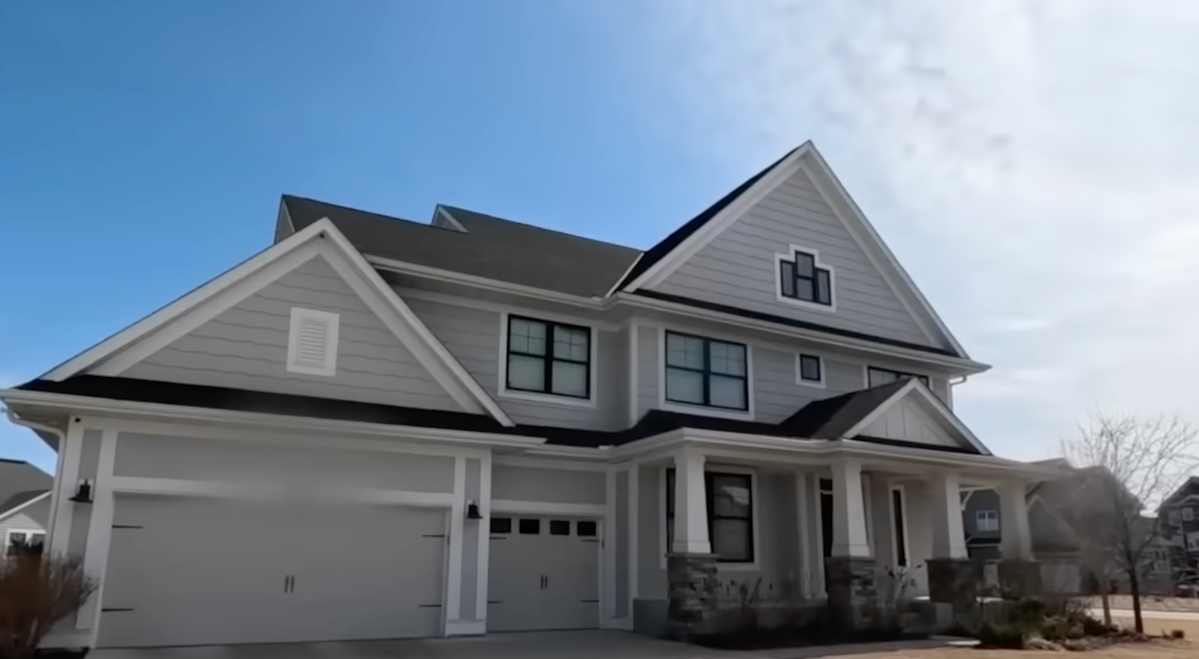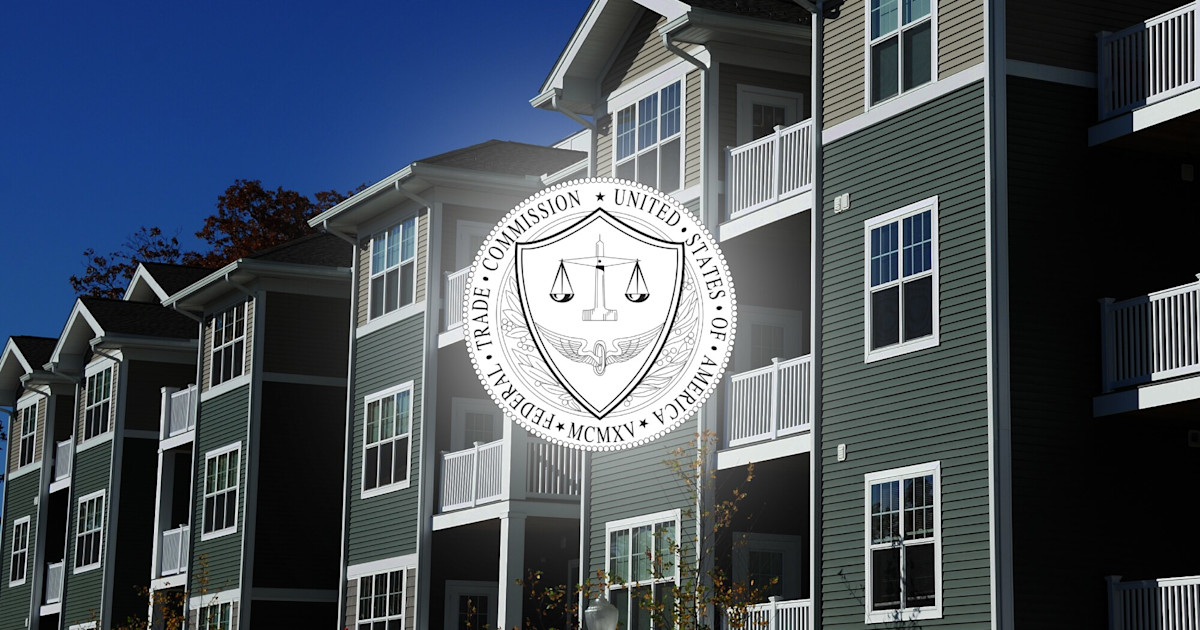F
ractures in the Chicago real estate market are beginning to surface, particularly on the South Side. A group of investors, once secretly blacklisted by Fannie Mae, poured over $100 million into local properties between 2017 and 2022, only to see their buildings crumble. Several were convicted of real estate-related crimes in Michigan and Ohio, while facing foreclosure and housing court lawsuits in Illinois.
Meanwhile, Trinity Flood, a Wisconsin-based investor, is on the brink of losing three South Shore buildings purchased for $18 million in 2020. The properties, part of a larger portfolio including apartments in Arizona and Georgia, are now at risk of being seized by a CMBS special servicer following a lawsuit filed against the landlord.
The Chicago area's office market remains plagued by distress, with a recent sale serving as a stark example. Woodcrest Capital acquired the vacant Aon office campus in Lincolnshire for just $6.1 million, or $7 per square foot – a 95% discount from its 2012 price of $148 million. The landlord is reportedly considering offering rock-bottom rents to attract big tenants.
In another development, Blackstone seized control of the financially troubled Magnificent Mile office tower at 444 North Michigan Avenue through a deed in lieu of foreclosure. The former owners, Golub & Company and CIM Group, surrendered the property to settle a $123 million loan.
On the residential front, high-end sellers in Park Tower have reduced their asking price for a condo to $7.7 million – a 36% cut from its original listing price in 2016. Despite the decrease, the new price would still represent the highest per-square-foot value in the building if it sells at the ask.
